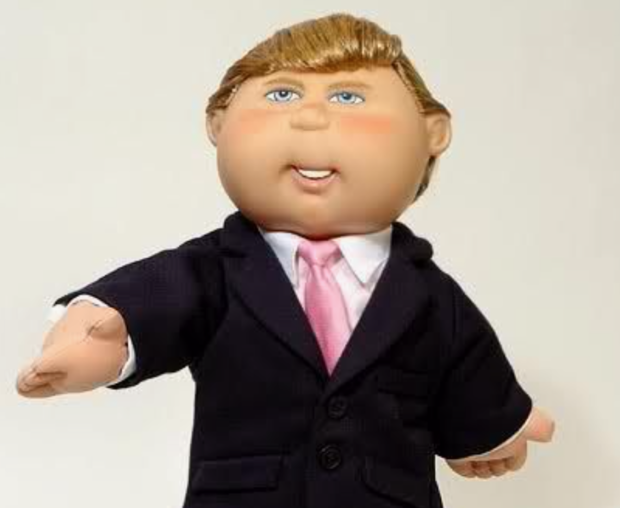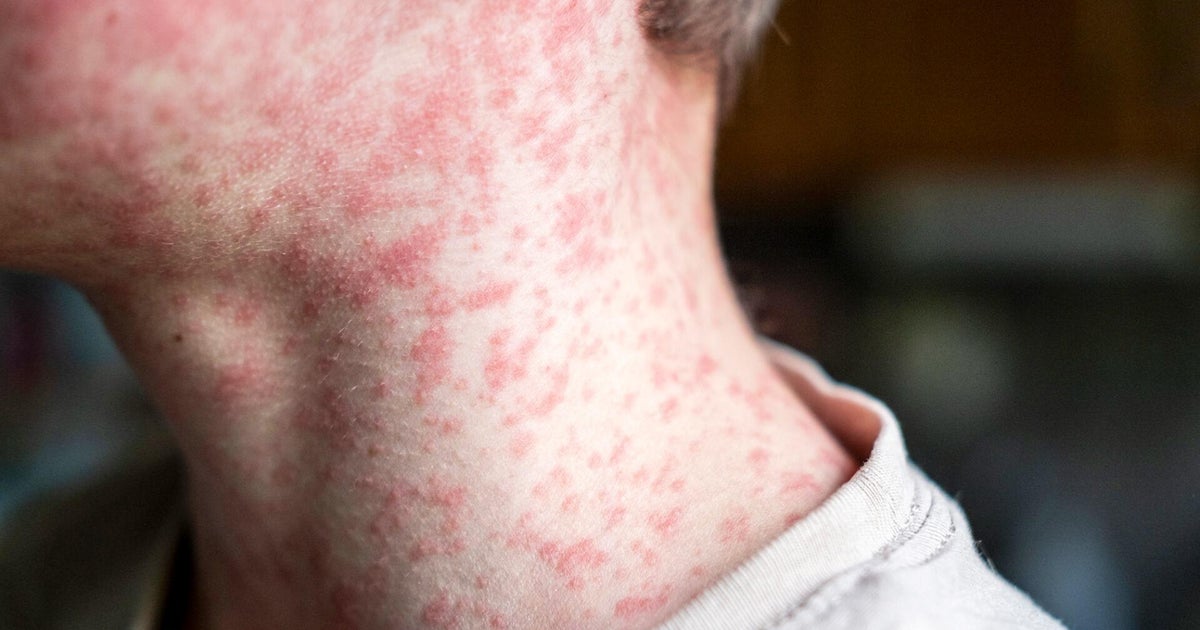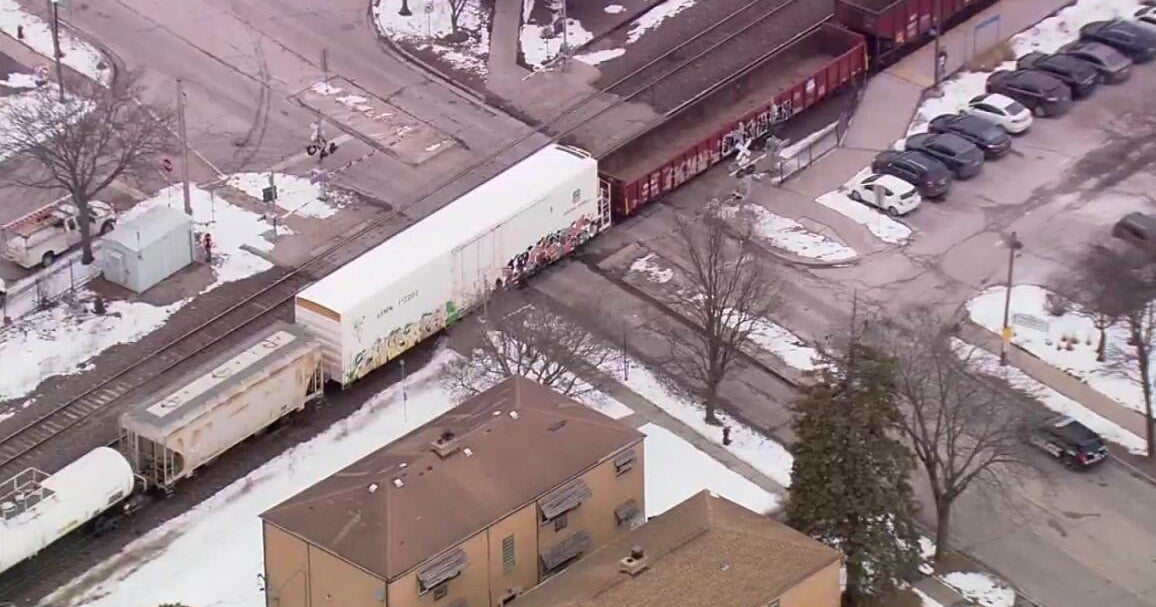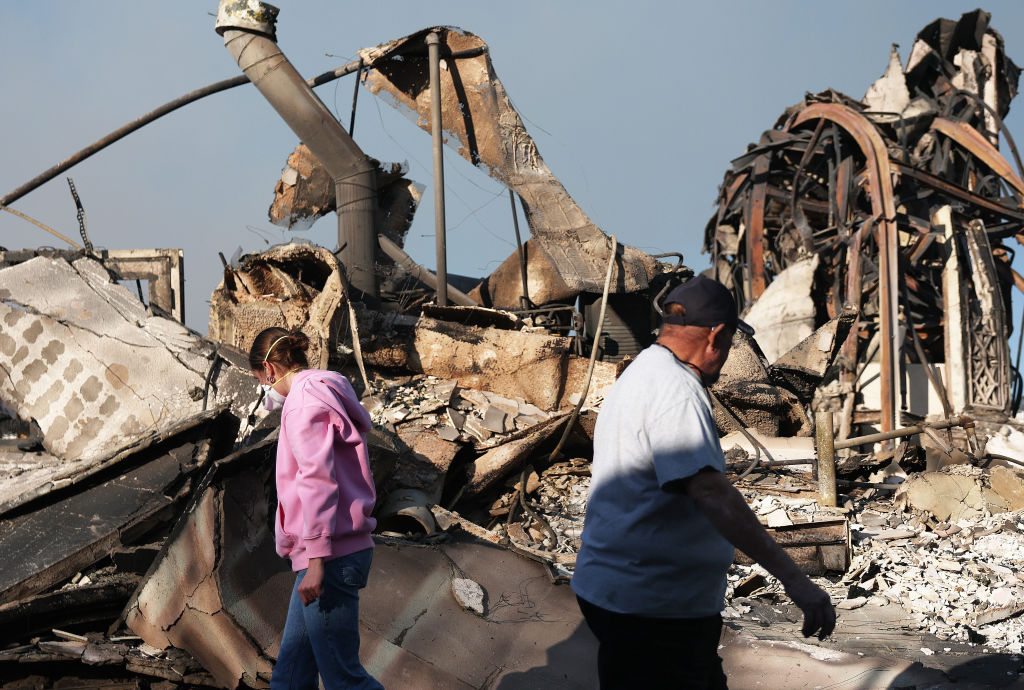A company with $600 million in sales got a federal loan meant for small businesses
A company that creates and sells toys for Disney movies, including Frozen and Mulan, as well as novelties like the Chocolate Poop Maker play toilet, got $6.2 million from the U.S. government's coronavirus relief program for small businesses despite having sales of $600 million last year.
Jakks Pacific of Santa Monica, California, announced its Paycheck Protection Program loan in a regulatory filing last week. Shares in the publicly traded company — which also has $66 million in cash in the bank, according to FactSet data — have traded in the pennies for much of the past year but spiked the day Jakks disclosed its PPP loan. The stock price is now around 90 cents, valuing Jakks at about $32 million.
Jakks qualifies for the government aid relief because it has 480 employees, putting it under the program's limit of 500 workers for borrowers to be eligible. It is one of 57 public companies that have disclosed receiving a total of $102 million in PPP funds since May 14, according to data from public filings compiled by Good Jobs First, a non-profit focus on government accountability. That's the deadline set by the Treasury Department for companies with access to capital elsewhere to return their low-interest loans without penalty.
None of the loans appears to be illegal or to violate PPP rules. Yet the transactions fuel questions about whether the government's coronavirus aid has been spent wisely.
The Paycheck Protection Program, run by the U.S. Small Business Administration, is meant to help small employers survive the crushing impact of coronavirus pandemic through a total of $660 billion in forgivable loans charging just 1% interest. The final deadline for applications is June 30.
The PPP has drawn criticism for allowing larger companies, including publicly held enterprises, to use the initiative for funding while many other small businesses were initially shut out. Indeed, Treasury officials issued guidance in April that said most public companies would not qualify for PPP assistance in "good faith" since they usually have access to capital that traditional small businesses almost never have.
The Treasury published its guidance this spring after it emerged that dozens of public companies had tapped the program for loans. Some of the borrowers had stock market values of hundreds of millions of dollars. Others were raising money from investors after securing a loan under the program.
Loans "riddled with problems from the start"
In a report released Thursday, the Government Accountability Office criticized the Paycheck program for having "limited safeguards," saying government officials never took the steps needed to put in place proper oversight of the program.
"The administration does not have a good track record policing its own programs," observed Kyle Herrig, head of government watchdog group Accountable.us, which tracks PPP loans on its site. "The program has been riddled with problems from the start."
Jakks CEO Stephen Berman founded the company in 1995. Jakks bought the well-known Cabbage Patch doll brand and other toy franchises in a 2004 deal. Later that year, the company released a Donald Trump Cabbage Patch Kid, with proceeds from the doll sales reportedly going to charity. Jakks sold the Cabbage Patch brand in 2014.
More recently, Jakks has focused on toys tied to movies and television series, as well as a few of its own original creations, including the play toilet, which Jakks says is the "only food activity kit that allows kids to make their very own chocolate poop!"
Jakks, which lost $55 million last year on sales of around $600 million, disclosed last month that Berman could earn up to $11.3 million in 2020, including a base salary of $1.7 million and a guaranteed restricted stock grant valued at a minimum of $3.5 million. In 2019 he earned $3.9 million, compared with an average salary of $74,000 for all workers at Jakks last year.
Jakks did not return a request for comment from CBS MoneyWatch for this story.
Other loans, other stories
Another PPP recipient that disclosed its loan last week is Trinity Biotech, which said it had obtained a $4.5 million government loan. That funding came on top of money the drugmaker got from the government of Ireland, where the company is based. Trinity has 334 employees in the U.S. and sales of $90 million. Trinity did not return a request for comment from CBS MoneyWatch for this story.
Also receiving PPP money: Christopher & Banks, which borrowed $10 million, or about 100 times the average size of all loans in the program. The women's clothing retailer was struggling even before the pandemic. Its stock trades at just 20 cents, giving the company a market value of $9.5 million — about $500,000 less than what it was able to borrow from the small business relief fund.
Christopher & Banks has 3,500 employees and a little over 1,000 of them are full-time. Congress said the Paycheck Protection Program is for companies with 500 or fewer employees.
In a recent press release, however, the retailer said it qualified for PPP funds under what's known as the Small Business Administration's "alternative size standard." Under that standard, a business may be eligible for a loan as long as it has earned less than $5 million in the past two years and is worth less than $15 million.
Christopher & Banks certainly fills that bill: It has lost $50 million in the past two years. As of the end of February, the company had a book value — all of its assets minus all of its liabilities — of just $9 million. A spokesperson for Christopher & Banks said the company only applied for a PPP loan after it "pursued other avenues but did not qualify."
Cannabiz clause
Another company tapping the government's emergency small business relief fund was KushCo, a $100 million company that says it derives most of its revenue from the sale of vaping products and other accessories for the "medical and recreational cannabis" market. The company disclosed this month it got a $1.9 million PPP loan.
Companies that sell marijuana, even legally, are barred from the small business program. But a number of companies that sell accessories tied to marijuana have raised money through the PPP.
And despite receiving a government loan, KushCo doesn't appear to have problems raising money: It raised $20 million in a structured finance deal in late April. KushCo did not return CBS MoneyWatch's request for comment.
In its earlier guidance, the Treasury Department said companies that can raise money through other means, such as from investors, would generally not qualify for a PPP loan.
Treasury Secretary Steven Mnuchin said in late April the government will audit PPP loans over $2 million when the borrowers apply for loan forgiveness. Yet loans of that size are only a small fraction of the more than 4.5 million loans under the program. And not all those borrowers will apply to have their loans forgiven — they'll just pay the 1% interest.
More recently, as congressional criticism of the program's oversight has increased, the Treasury Department said it will disclose the names of all the companies that have borrowed more than $150,000 from the $650 billion PPP fund. That only accounts for about 25% of all PPP borrowers.




